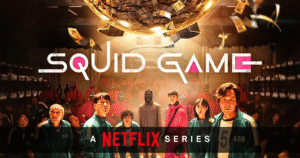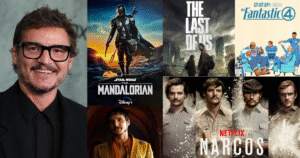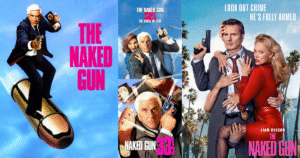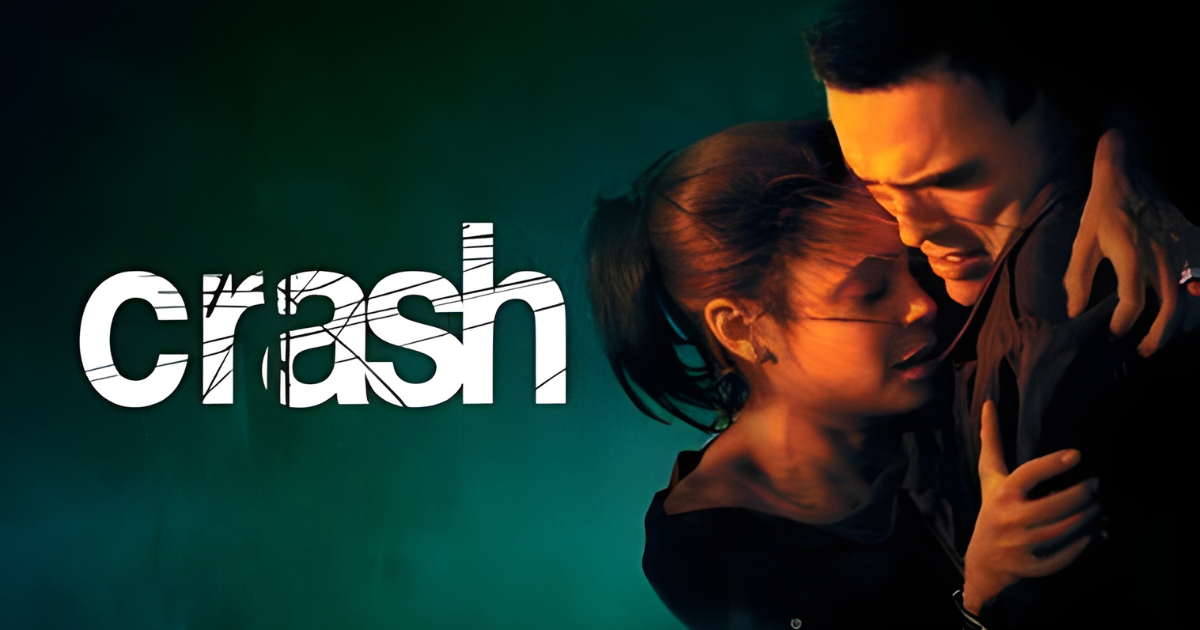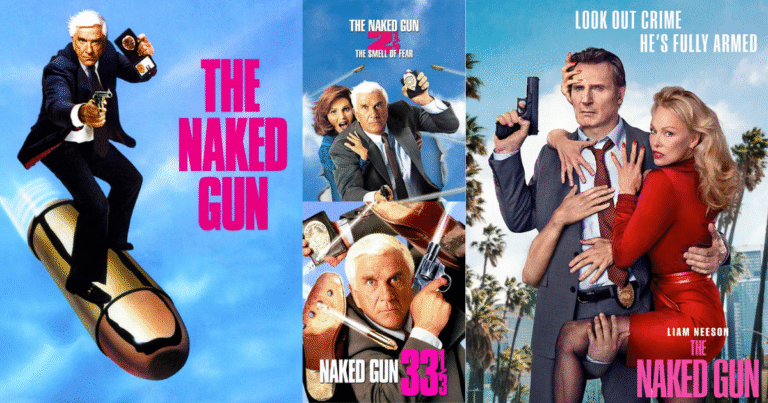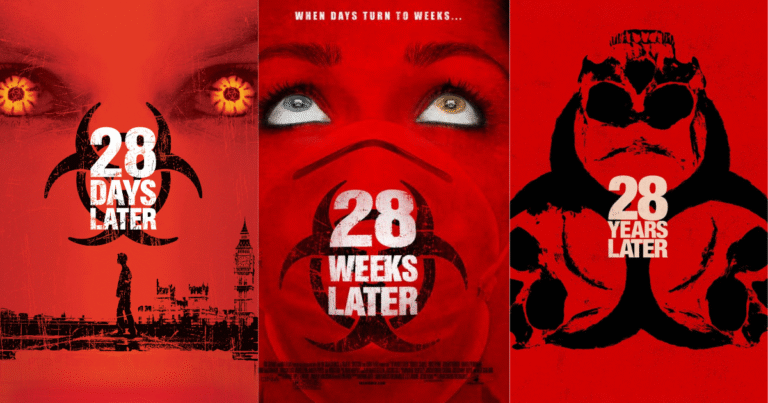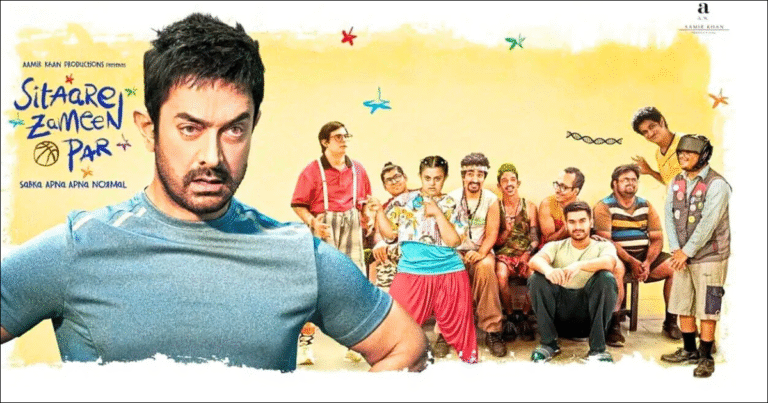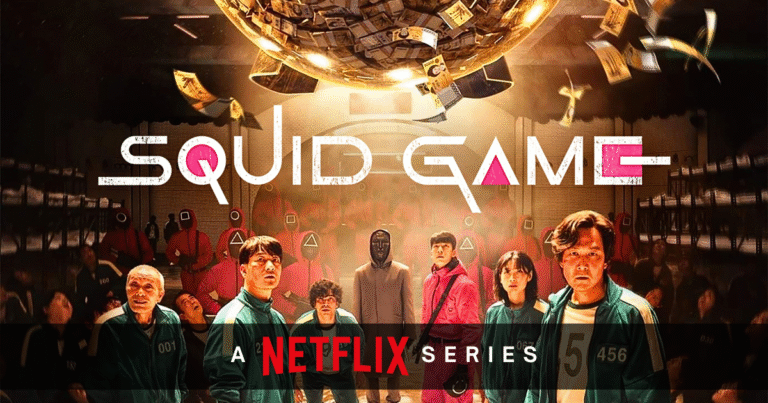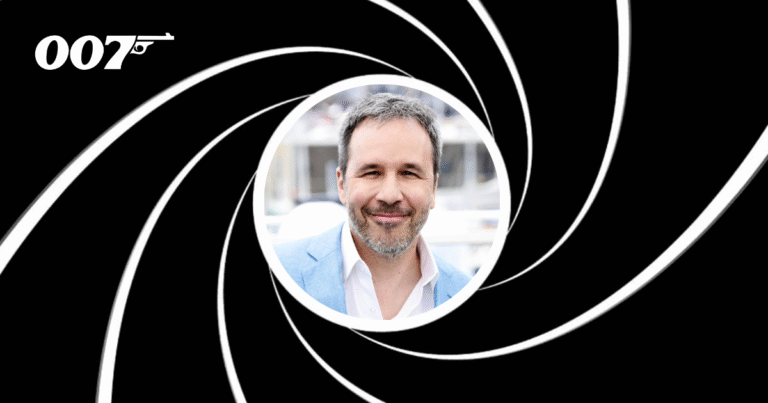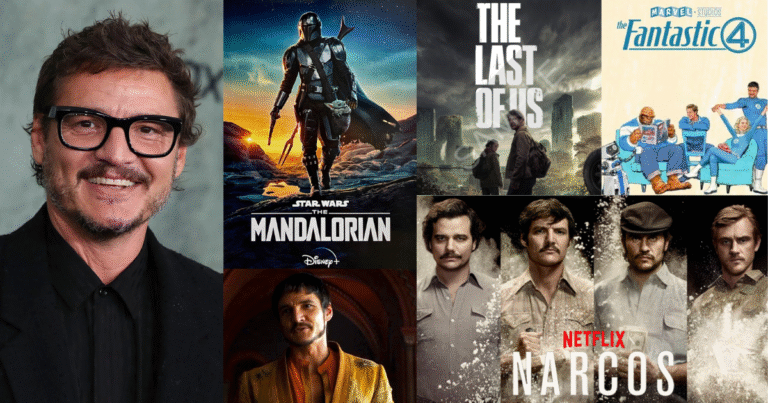In 2005, a quiet but powerful film called Crash hit theaters and quickly sparked conversations that went far beyond cinema. Directed by Paul Haggis, Crash wasn’t packed with visual effects or flashy action scenes, it was a human story. A raw, emotional, and often uncomfortable look at race, privilege, fear, and connection in modern-day Los Angeles.
Fast forward to 2025, and it’s been two full decades since its release. While some movies fade with time, Crash remains deeply relevant, perhaps even more so now. As we mark 20 years of Crash, it’s worth revisiting why this film still resonates, where it stirred controversy, and what makes it stand the test of time.
A Story Told Through Collisions, Literally
The film’s title isn’t just a metaphor. Crash unfolds through a series of physical and emotional collisions between strangers in Los Angeles. Over 36 hours, lives intersect in unexpected and dramatic ways: a police officer abuses his power, a Persian shop owner buys a gun to protect his family, a Hollywood director is humiliated by racism, a locksmith is misjudged. These stories, which seem separate at first, slowly begin to overlap and echo one another.
The structure isn’t linear. The characters don’t follow typical arcs. But that’s exactly what makes Crash stand out—it feels messy because real life is messy. People are not just heroes or villains here. They’re scared, angry, confused, sometimes kind, sometimes cruel. And that complexity is the core of the film’s emotional punch.
The All-Star Cast That Brought It to Life
One of Crash‘s biggest strengths was its incredible ensemble cast. Don Cheadle, Sandra Bullock, Matt Dillon, Terrence Howard, Thandiwe Newton, Brendan Fraser, and Ludacris all gave nuanced performances that helped ground the story in realism. No one character dominates, and no performance feels wasted.
Matt Dillon’s portrayal of a racist cop, in particular, was widely praised for its depth. It would’ve been easy to write the character as a one-note villain, but the film explores his background and internal struggles in ways that spark reflection rather than judgment.
Why Crash Won the Oscar—And Sparked a Debate
At the 78th Academy Awards, Crash took home Best Picture, beating out favorites like Brokeback Mountain and Good Night, and Good Luck. And almost immediately, controversy followed. Critics and audiences were divided. Some hailed it as brave and honest. Others saw it as heavy-handed or emotionally manipulative.
Over the years, it’s become one of the most debated Best Picture winners in Oscar history. But that conversation is part of what makes it so interesting. Whether you loved or disliked the film, it made you feel something, and talk about it.
How Crash Holds Up 20 Years Later
So, how does Crash feel in 2025?
In some ways, eerily timely. The themes of racial tension, police misconduct, fear of the “other,” and systemic bias have only become more visible in public discourse. Social media has amplified these discussions, but Crash got there before hashtags did.
That said, some elements feel dated. The film is very much a product of its time, and it shows in the dialogue and structure. Today’s audiences, more attuned to nuance around race and representation, might view certain scenes as oversimplified or too on-the-nose.
Still, the emotional core of the film, the idea that humans are deeply flawed and yet still capable of empathy, remains powerful. It reminds us that prejudice can live in the hearts of people who don’t think they’re prejudiced. And that’s a tough, but necessary, truth to sit with.
The Film’s Influence on Social Commentary in Cinema
Before Crash, few mainstream films tackled modern racism in such a direct and layered way. After its release, other films followed suit, The Help, Fruitvale Station, American Son, and Blindspotting to name a few.
It also paved the way for more conversation-heavy narratives where characters confront issues head-on rather than through symbolism or metaphor. While not everyone agreed with Crash’s approach, it helped open the door for films willing to engage audiences in uncomfortable but necessary dialogue.
Behind the Scenes: A Low-Budget Surprise
One thing many people forget is that Crash wasn’t a major studio film. It was made on a relatively modest budget and shot in just over a month. Paul Haggis co-wrote it with Bobby Moresco after being a victim of a carjacking himself—a real-life experience that shaped the film’s emotional direction.
The movie premiered at the Toronto International Film Festival and slowly gained traction through word-of-mouth. Its rise was organic, not driven by hype or franchise momentum. That makes its eventual Oscar win even more remarkable.
Final Thoughts: A Film That Challenges, Not Comforts
Crash is not a feel-good movie. It doesn’t tie things up neatly or offer easy answers. It asks us to look at ourselves, to see how we judge others and how we justify those judgments. It’s messy, like real life. And 20 years later, that’s what makes it worth revisiting.
We live in a world still grappling with division, injustice, and misunderstanding. Watching Crash now, you’re reminded that no film can fix these things, but some films can make you think differently. And that’s something worth celebrating.
